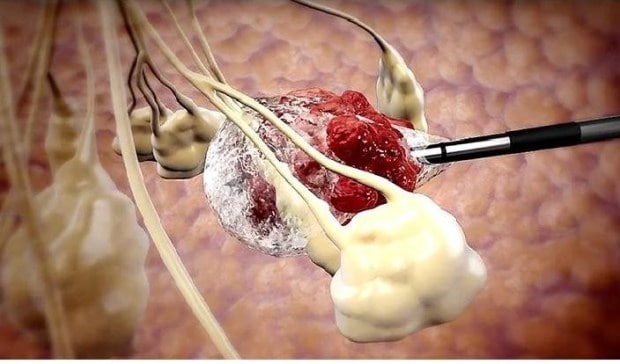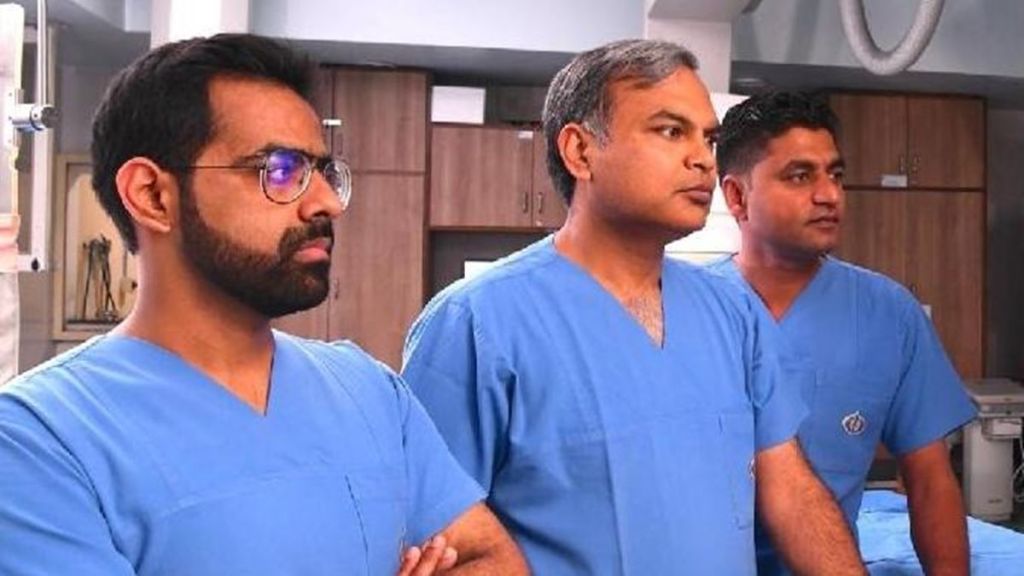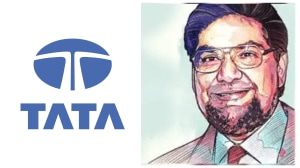In a first, a team of doctors from the Department of Interventional Radiology (IR) at Sir Ganga Ram Hospital, New Delhi, has recently performed a unique procedure for cancer treatment, for a patient who was not suitable to be treated with surgery.
According to the doctors, the patient, a 55-year-old female, resident of Delhi, was suffering from cancer of the gall bladder (operated on before) with metastasis (spread) to the liver. The patient was not fit for surgery. So, a new treatment modality in the form of cryoablation was chosen for the management of this patient. This procedure was performed by the IR team – Dr. Arun Gupta, Dr. Ajit Yadav and Dr. Raghav Seth, at Sir Ganga Ram Hospital, Delhi.

“Cryoablation is a minimally invasive treatment to kill cancer cells with extremely cold gases. It works on the principle of the ‘freeze-thaw-freeze’ cycle. A thin needle- called a cryoprobe is placed directly into the cancer, under ultrasound or CT scan guidance. The cryoprobe circulates extremely cold gas like liquid nitrogen to freeze and kill cancer cells. Then the tissue is allowed to thaw. Finally, another cycle of freezing is performed. The time required depends on the size, location, and type of tumour,” Dr. Ajit Yadav, Consultant, Department of Interventional Radiology, Sir Ganga Ram Hospital said in a statement.
In general, cryoablation can also be used for the management of other types of cancers including lung, kidney, bone, liver and breast. The procedure takes about 1.5 to 2 hours. It is safe and the risks involved are generally lower than that of surgery. An additional advantage of cryoablation is that it can be repeated if required.
“For the first time in North India, we chose cryoablation for this patient as the cancer was relatively large and very close to liver vessels and other vital structures. Cryoablation ensured complete ablation of the cancer which could also be visualized in the form of an ice ball on CT scan,” Dr. Arun Gupta, Chairperson and Senior Consultant, Department of Interventional Radiology, Sir Ganga Ram Hospital said in a statement.
According to Dr. Raghav Seth, Associate Consultant, Department of Interventional Radiology, Sir Ganga Ram Hospital, the advantages of this technique over other types of ablations are that it is associated with fewer side effects, is pain-free with faster recovery, gives better-defined treatment margin and causes less damage to surrounding tissue.
“With the advent of Cryoablation, our department is now fully equipped to treat these types of cancers with all types of ablation techniques-Radiofrequency ablation (RFA), Microwave Ablation (MWA) and Cryoablation, under one roof. We are sure that this technology will be very beneficial for the suffering cancer patients,” the doctors said.









